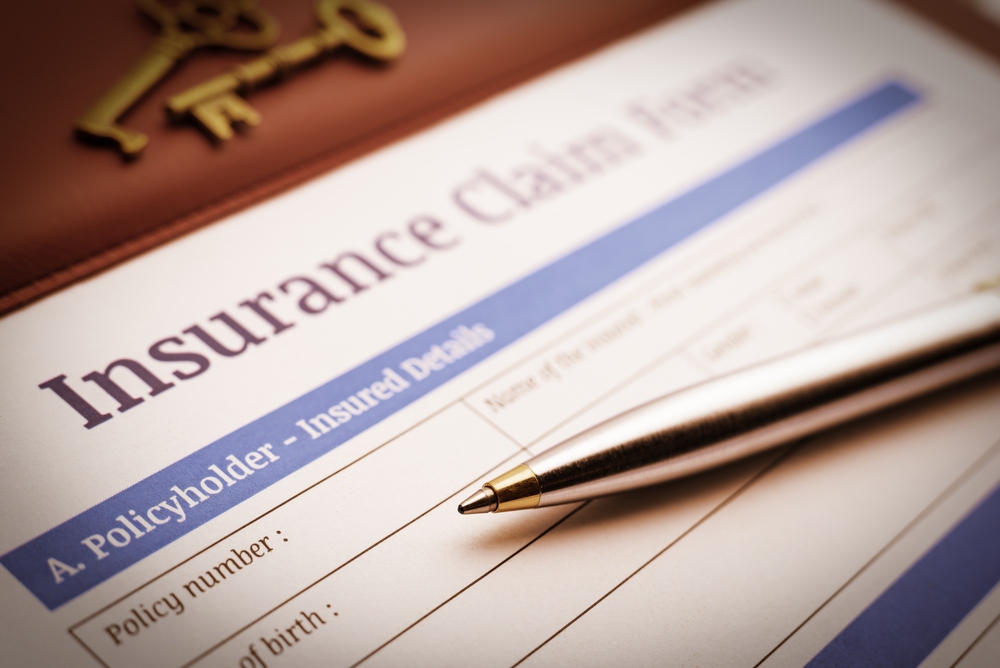
With Governor Ron DeSantis signing the Florida House Bill 837 into law, personal injury and insurance claim laws in Florida have undergone a major overhaul.
One of the most notable changes is the replacement of the pure comparative negligence system with a modified comparative negligence regime. Under this new system, the number of damages a plaintiff can recover will be limited to the percentage of responsibility of the defendants, as long as the plaintiff’s share of responsibility is 50 percent or less. However, if the plaintiff bears more than 50 percent of the liability, they won’t be able to recover from the defendant.
Changes to Statute of Limitations and LOP Disclosures
Additionally, the statute of limitations for general negligence actions has been shortened from four years to two. However, personal injury and wrongful death claims arising from medical negligence are still subject to the pure comparative negligence standard, with the statute of limitations remaining unchanged at two years.
HB 837 also brings new requirements for disclosures about letters of protection (LOPs) used to obtain medical treatment. If a plaintiff is using a LOP, they must now disclose a copy of the LOP, all billings for the rendered medical expenses with particular coding as applicable that allows for comparison of the medical expense to other providers or facilities, the name of any third party that has received the right to payment for the services and the dollar amount paid for the purchase of this right, any healthcare coverage that the plaintiff had at the time of treatment, and anyone who may have referred the plaintiff for treatment under a LOP. A noteworthy provision of the newly created section is that attorney-client privilege does not apply to communications that are relevant to a lawyer’s referral of a client for medical treatment.
Medical Damages in Personal Injury and FactFinders
Under HB 837, a new section of Chapter 768, Florida Statutes has been created to outline the evidence that a factfinder must consider while calculating medical damages in personal injury or wrongful death actions. When deciding how much money someone should receive for their medical expenses in a personal injury case, the person in charge of making that decision (the “factfinder”) must look at how much money has already been paid for medical treatment in the past, no matter who paid for it. If the medical treatment has been done but not yet paid for, the factfinder will look at how much money would be reasonable to pay depending on whether the person has private insurance, Medicare or Medicaid, or used a LOP to pay for the treatment.
Amendment of Standard for Bad-Faith Insurance Claims
Finally, the bill amends the standard for bad-faith insurance claims. Insurers will not be held liable for bad faith unless they act in a manner that is more than just negligent. The bill includes a safe harbor provision that allows insurers to avoid bad-faith liability if they pay the lesser of the policy limits or the amount demanded by the claimant within 90 days. However, if payment is refused after this period, the statute of limitations will be tolled to allow plaintiffs to bring a claim.
Contact an Experienced Attorney
Understanding the implications of the Florida House Bill 837 is crucial, particularly for individuals with ongoing legal cases. If you have any concerns or questions, it is highly recommended that you seek the advice of an experienced personal injury attorney.
At the Law Office of Leonard J. Valdes, we are committed to advocating for the rights of our clients and ensuring they receive the compensation they are entitled to. Please do not hesitate to contact us today to schedule a consultation.
